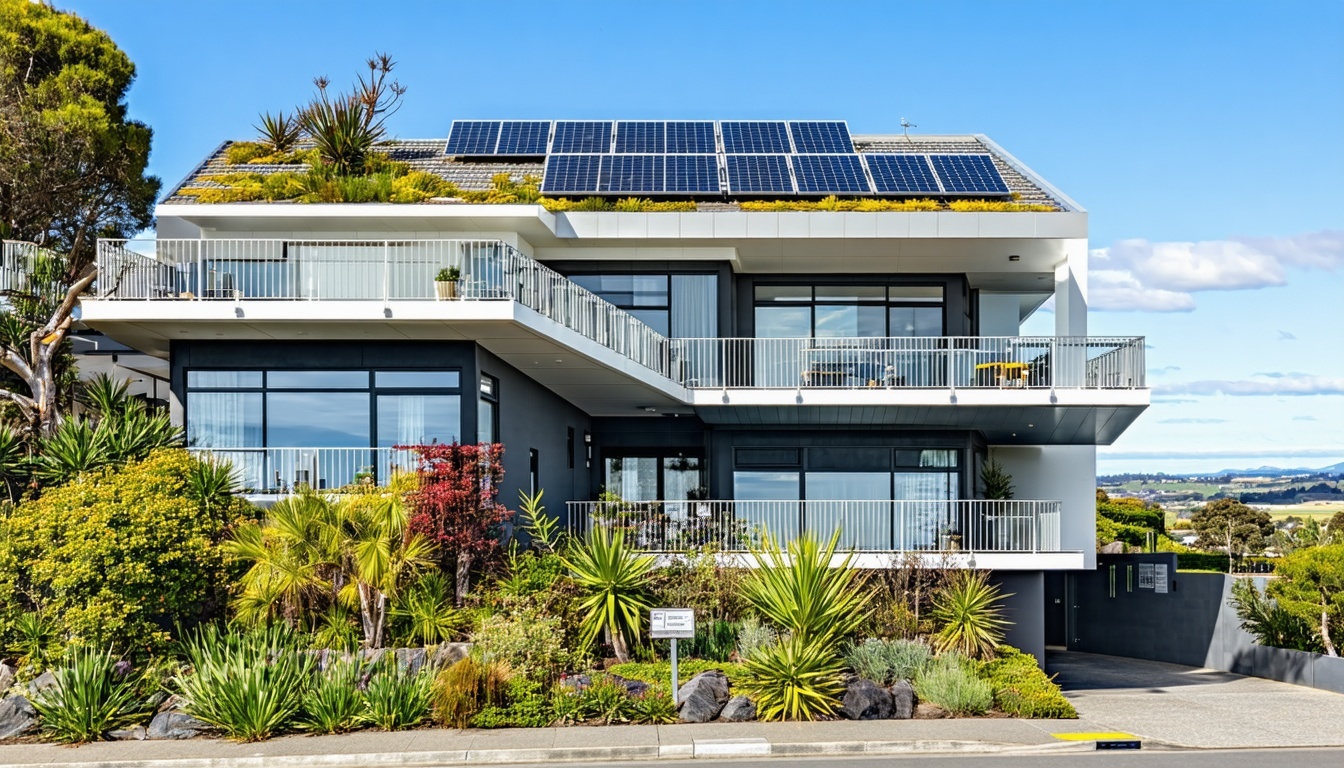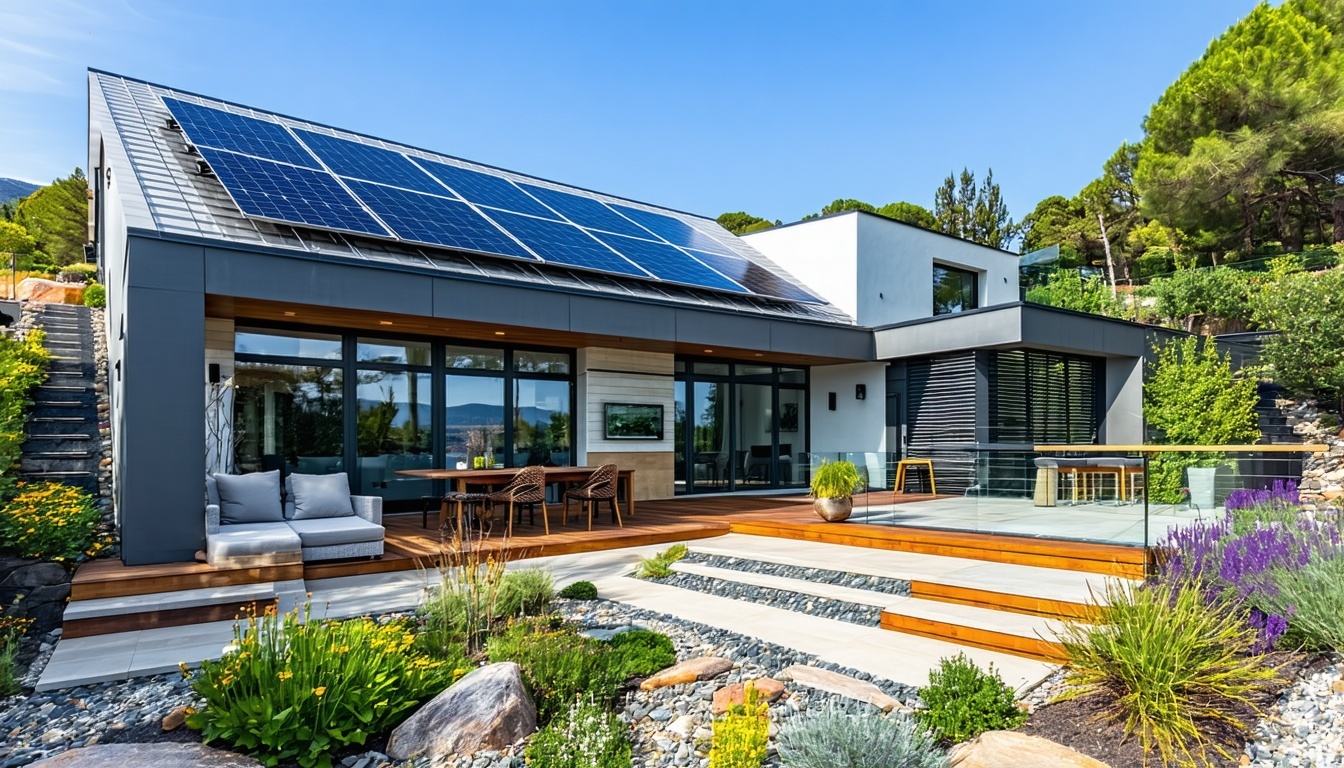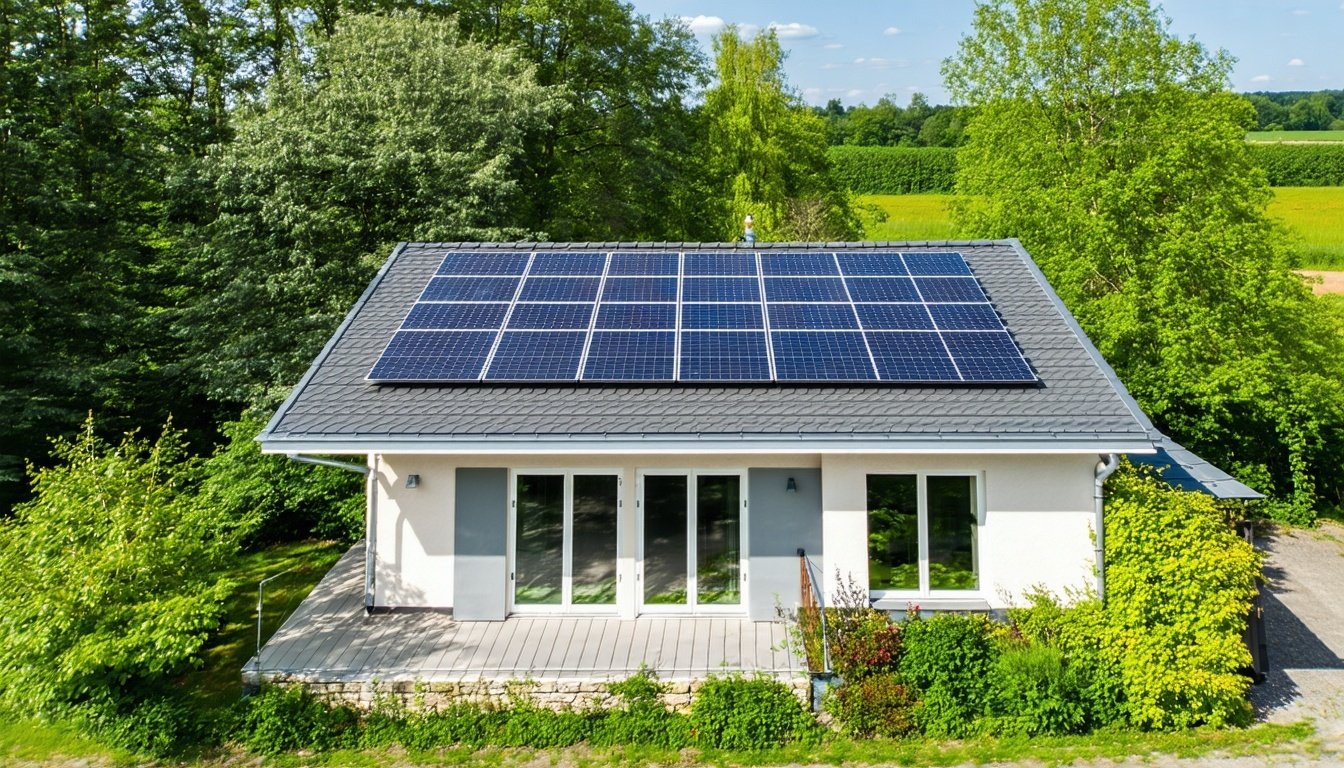Unlock the secrets of sustainable building with BESS, your key to energy-efficient and eco-friendly developments in Victoria.
What is BESS and Why It Matters for Sustainable Building
The Built Environment Sustainability Scorecard (BESS) is an essential tool designed to evaluate the sustainability performance of new residential and mixed-use developments in Victoria. Developed by the Municipal Association of Victoria (MAV) in partnership with local councils, BESS helps applicants and developers measure and improve the environmental performance of their buildings across multiple categories, including energy, water, waste, indoor environment quality, and urban ecology.
BESS is crucial for promoting sustainable building practices, ensuring that new developments contribute to a healthier environment and offer long-term benefits for occupants. By setting measurable targets, BESS supports developers in achieving energy efficiency, reducing water consumption, managing waste effectively, and enhancing the overall quality of the indoor environment. In turn, these improvements lead to cost savings, reduced environmental impact, and better living conditions for residents.
Integrating BESS into Local Council Planning Frameworks
BESS plays a significant role in the local council planning frameworks across Victoria. It is commonly required during the planning permit application stage, ensuring that sustainability considerations are integrated early in the design process. Local councils use BESS to assess the sustainability credentials of proposed developments, making it a critical component of the approval process.
Applicants need to prepare a comprehensive BESS assessment report that demonstrates how their project meets the required sustainability targets. This report must include detailed information on energy use, water efficiency, waste management strategies, indoor environment quality improvements, and urban ecology enhancements. By aligning with BESS requirements, developers can streamline the approval process and ensure their projects meet local council standards for sustainability.
Key Categories and Scoring in BESS
BESS evaluates developments across several key categories, each contributing to the overall sustainability score. These categories include Energy, Water, Stormwater, IEQ (Indoor Environment Quality), Transport, Waste, Urban Ecology, Innovation, and Management. Each category has specific criteria and benchmarks that projects must meet to achieve a satisfactory score.
The scoring system in BESS is designed to be transparent and straightforward. Projects are awarded points based on their performance in each category, and these points are aggregated to provide an overall BESS score. A higher score indicates a more sustainable development. Good design practices, such as incorporating energy-efficient systems, water-saving fixtures, and sustainable materials, can significantly improve a project's BESS score, leading to long-term benefits like lower utility bills, reduced environmental impact, and enhanced occupant wellbeing.
Overcoming Common Challenges in the BESS Process
Navigating the BESS process can be challenging, particularly for developers who are new to sustainability assessments. Common hurdles include understanding the detailed requirements of each category, gathering the necessary documentation, and demonstrating compliance with the stringent benchmarks set by local councils.
To overcome these challenges, it is essential to work with experts who have a deep understanding of the BESS framework. Certified Energy's team of professionals specialises in guiding developers through the BESS process, helping them prepare compliant documentation, and ensuring their designs meet all necessary criteria. By partnering with Certified Energy, developers can navigate the complexities of BESS with confidence and achieve their sustainability goals efficiently.
Partnering with Certified Energy for BESS Success
Certified Energy is committed to supporting developers in achieving BESS compliance and promoting sustainable building practices. Our team of experienced professionals works closely with design teams to ensure that projects meet all BESS requirements and gain fast approvals from local councils.
We offer a comprehensive range of services, including detailed BESS assessments, preparation of compliant documentation, and expert advice on sustainable design strategies. By partnering with Certified Energy, developers can streamline the BESS process, improve their project's sustainability performance, and contribute to a healthier, more sustainable built environment in Victoria. Contact us today to learn how we can help you achieve your BESS goals and secure the necessary approvals for your development.
If you are looking to simplify the BESS assessment process and achieve strong sustainability outcomes for your project, please visit our BESS service page. There, you will find detailed guidance, practical resources and expert support to help you prepare compliant BESS reports, navigate council requirements and maximise your project's sustainability score from the very start.







